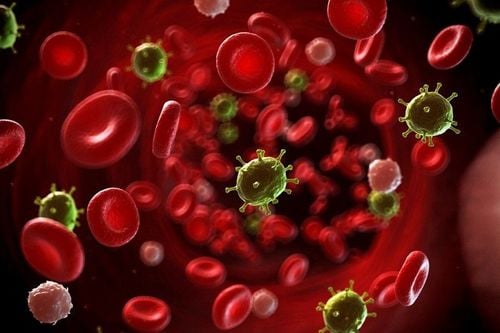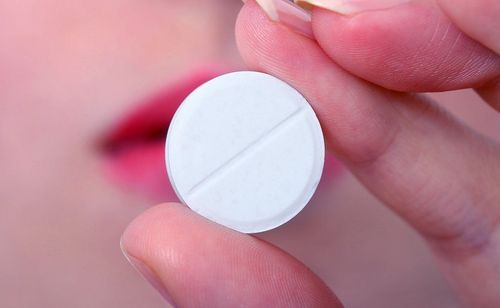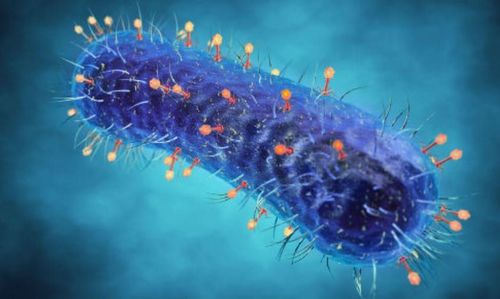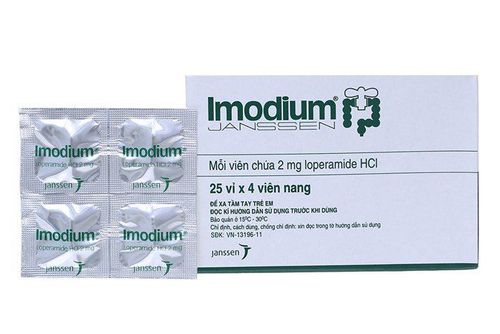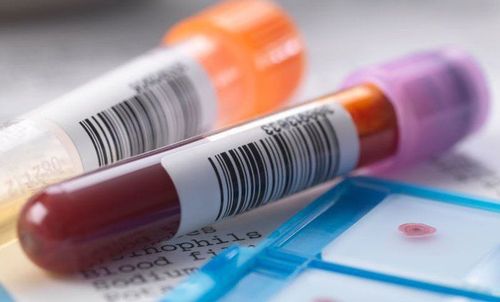This is an automatically translated article.
Protein digestion in the stomach plays a very important role to help provide nutrients to the body. Protein digestion is not only a combination of normal activities of the gastrointestinal tract and hepatobiliary system, but it also requires the coordination of the whole body. So how does protein digestion in the stomach take place?
1. Digestive process in humans
The length of the human digestive tract falls to about 9 meters. Between individuals, the physiology of food digestion varies and depends on other factors such as feed and meal size. Digestion usually takes place between 24 hours and 72 hours.
Right from the oral cavity begins the process of digestion along with the secretion of saliva and its digestive enzymes. By the muscles of chewing and swallowing into the esophagus, food is formed into a bolus, which then enters the stomach through the action of peristalsis. Hydrochloric acid and pepsin present in gastric juice can damage the stomach wall, the mucus secreted to protect. Here, the stomach releases many different enzymes to help break down food quickly, and in combination with the stirring action of the stomach. Part of the food after digestion will enter the duodenum in the state of semi-liquid chyme. In the small intestine, most of the digestion takes place and it is aided by the secretion of pancreatic juice, bile and intestinal juices. Villi are lined on the wall of the intestine, the epithelial cells of the intestine are covered with many microvilli that improve the absorption of nutrients by increasing the intestinal surface area. In the digestive tract, food slows down and creates conditions for the fermentation of intestinal bacteria to take place in the large intestine. In the large intestine, water is reabsorbed, and waste products are stored in the form of feces to be excreted through the anal canal.
Watch now: The digestive process in the small intestine is different from the large intestine?
Trắc nghiệm: Quá trình tiêu hóa từ lúc ăn đến khi đi vệ sinh
Bạn có hiểu hết quá trình tiêu hóa của cơ thể, từ khi thức ăn được đưa vào miệng cho đến khi bạn đi vệ sinh? Cơ thể sẽ hấp thụ dinh dưỡng như thế nào để hoạt động, nguyên nhân nào gây viêm loét dạ dày,…? Hãy cùng làm thử trắc nghiệm dưới đây nhé.
Bài dịch từ: webmd.com
2. Protein digestion in the stomach
Protein digestion takes place in the stomach and duodenum as a small part of food digestion. In which there are three main enzymes involved in the digestion process, which are pepsin secreted by the digestive process in the stomach and trypsin and chymotrypsin secreted by the pancreas, which will break down food proteins into polypeptides, which are then broken down into polypeptides. broken down by many dipeptidases and exopeptides into amino acids. However, mainly the digestive enzymes involved in protein digestion in the stomach are secreted as their inactive precursors, zymogens such as the pancreas secreting the enzyme trypsin in the form of activated trypsinogen. in the duodenum by enterokinase to form trypsin. Next, trypsin is responsible for breaking down proteins into smaller polypeptides.
In the stomach, gastric juice appears even before the food arrives. Effects such as taste, sight or just the thought of food can stimulate the central nervous system to send signals to the glands of the stomach to secrete secretions. When food moves to the stomach and touches its lining, the lining cells secrete the hormone gastrin. At this time, gastrin is responsible for stimulating the production of a large amount of gastric juice.
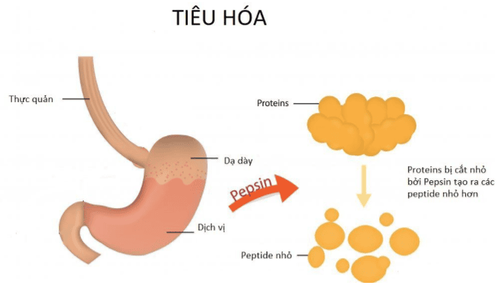
The stomach begins to stretch as the food is filled. This phenomenon helps to stimulate the mechanical digestion of the stomach. In the stomach wall smooth muscles begin to contract to knead the food. At the same time, gastric juice is also mixed with food and chemical digestion begins. An enzyme responsible for digesting proteins in gastric juice is the enzyme pepsin, which begins to break down complex protein particles. Fats and starches are less digested in the stomach. Foods such as water, drugs and alcohol, for example aspirin are absorbed directly through the stomach wall to enter the bloodstream.
When food is mixed and broken down into chyme, in the lower part of the stomach, intestinal motility begins to occur. The chyme will move below the pylorus. The pyloric sphincter opens slightly with each stroke of the gastric wall, allowing some chyme to enter the duodenum. When the duodenum is filled, the wall of the duodenum will stretch and the stomach will receive a signal from the nerves to slow down. It takes about 4 hours for the stomach to fully digest after a balanced meal. If the meal contains a lot of fat, the digestion process will take longer, taking at least 6 hours or longer.
In summary, the digestion of proteins in the stomach is a combination not only of the normal functioning of the gastrointestinal tract and hepatobiliary, but they also require the coordination of the whole body. This process of the body plays an important role in providing nutrients to the body. Therefore, if you have any unusual symptoms in the digestive tract, you need to go to the medical facility immediately for examination and treatment promptly.
Please dial HOTLINE for more information or register for an appointment HERE. Download MyVinmec app to make appointments faster and to manage your bookings easily.




